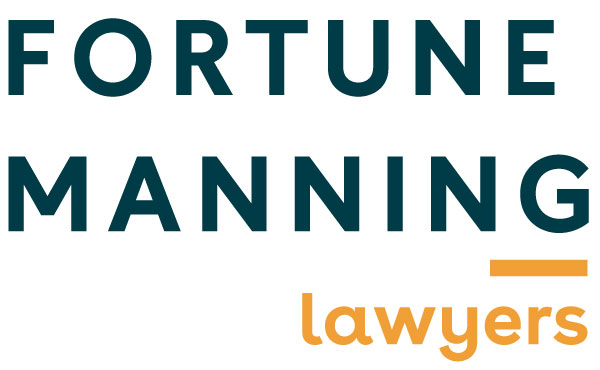The ability to recover debt has become an essential part of operating a business with healthy cash flow. It is more important than ever that you understand what debt recovery options are available and appropriate for you to maximise your chance at recovering the debt owed to you by your debtor.
Demand letter
We recommend that you firstly seek repayment of the debt through demands and negotiations with your debtor, including via lawyers. Doing so may salvage the commercial relationship between you and the debtor. Another advantage to making such a demand on the debtor prior to issuing legal proceedings is that you may be able to identify any dispute the debtor may raise in respect of the debt. This will in turn inform you to make a better strategic decision as to your debt recovery options. For example, if the debtor raises a substantial and genuine dispute to the debt, you may wish to consider issuing Court proceedings as opposed to a statutory demand.
Statutory Demand – if your debtor is a registered company
The Companies Act 1993 provides a mechanism which allows creditors to enforce overdue monies owed by debtor companies. Once a statutory demand is issued, a failure on the part of the debtor company to comply with the statutory demand may lead to drastic consequences for the debtor, such as the debtor company being placed into liquidation. It is important, therefore, that a statutory demand is issued correctly and for genuine reasons.
If your company has been served with a statutory demand, you should consult a lawyer immediately as there are very strict time provisions which apply. If your company disputes the debt, you must make an application to the Court to set aside the statutory demand within 10 working days of the date of service of the statutory demand.
If the statutory demand is not satisfied by the debtor by payment, and if there has been no application to the Court to set aside the statutory demand, the debtor company will, after 15 working days of service of the statutory demand, be presumed insolvent by operation of law. The creditor will then be able to make an application to put the debtor company into liquidation.
The Courts have made clear that while a statutory demand is a valid method of debt collection, it ought not to be abused as it inherently has the capacity to threaten the debtor company with the risk of being placed into liquidation. Issuing a statutory demand to enforce payment of a debt where there is a genuine dispute to the debt may amount to an abuse of process.
It is important and advisable, therefore, to seek legal assistance if you are considering issuing or setting aside a statutory demand to ensure that you act promptly and effectively.
Court proceedings
The Disputes Tribunal has jurisdiction to deal with claims up to $30,000 where the amount is in dispute. The Disputes Tribunal does not ordinarily allow representation by lawyers, but it is advisable to seek legal advice to assist with the preparation of your claim before the Disputes Tribunal.
The District Court has jurisdiction to deal with claims of up to $350,000 and the High Court deals with any claims beyond $350,000. It is highly advisable that you seek legal assistance with the drafting and filing of Court proceedings as well as for representation during any Court hearings.
Enforcing a judgment
A Court judgment in your favour may not always lead to the judgment debtor paying the debt. You may still need to take action to enforce the Court’s judgment.
If the judgment debtor has refused or failed to pay on the basis of lack of financial means, you may wish to apply to the Court for a financial assessment hearing. This is an application whereby the Court will assess the judgment debtor’s ability to pay and issue order(s) that a reasonable regular payment be made.
If a judgment debtor has the means to make payment but is nonetheless refusing or failing to do so, depending on the circumstances of the case and the judgment debtor, it may be more advisable to apply for other Court orders, such as an Attachment Order, Warrant to Seize Property, Garnishee Order, Sale Order, Possession Order and Charging Order. Yet another option is to issue a bankruptcy notice.
Which option is right for you?
There is a range of debt collection options. Each option has its own benefits and risks. We are available to assist you to make the right decision.


